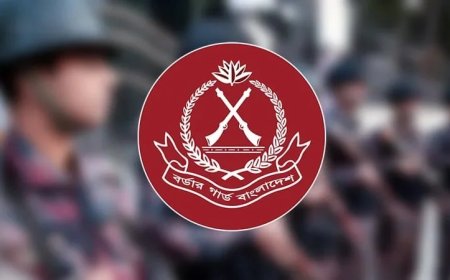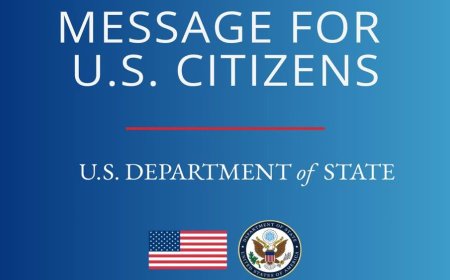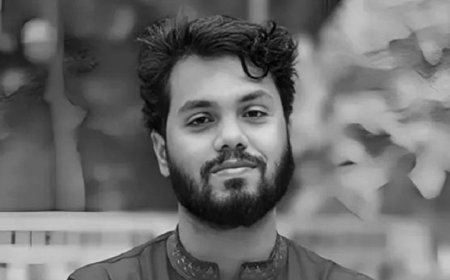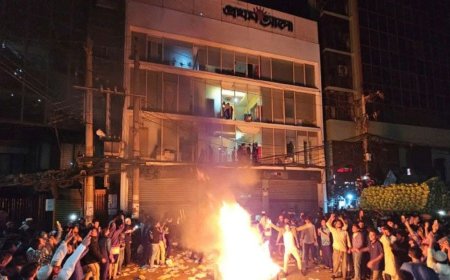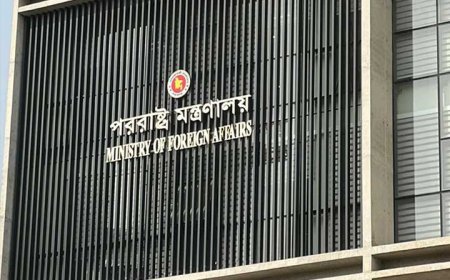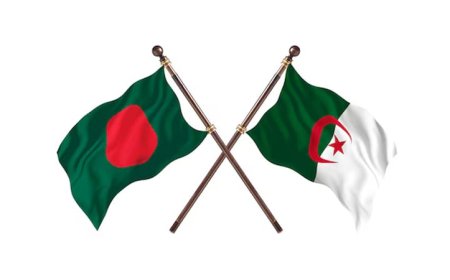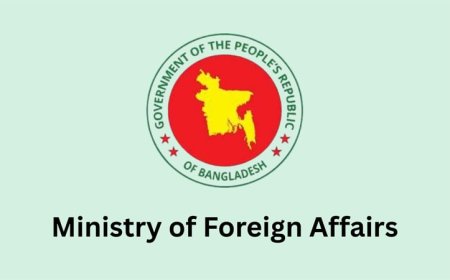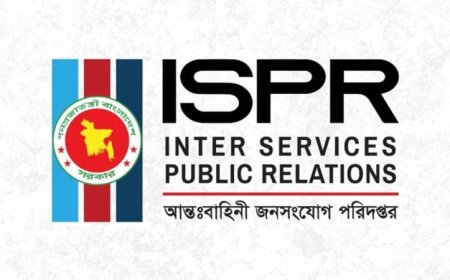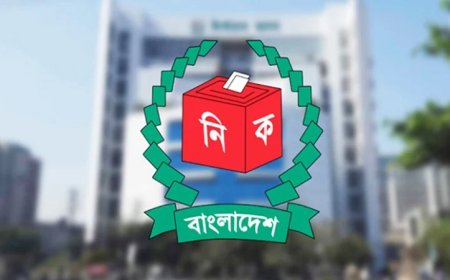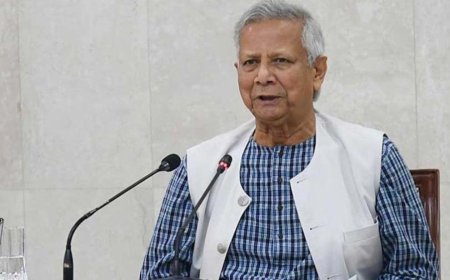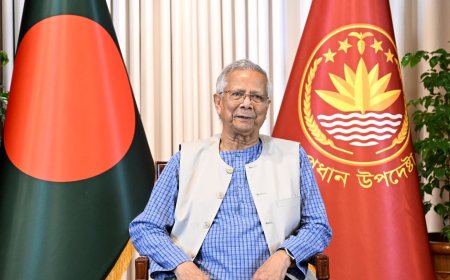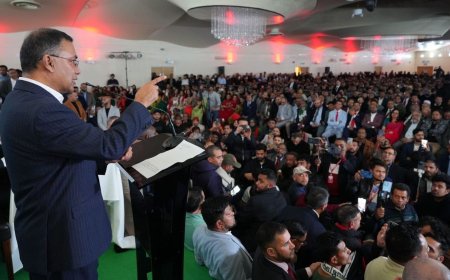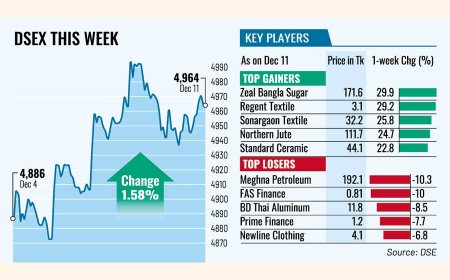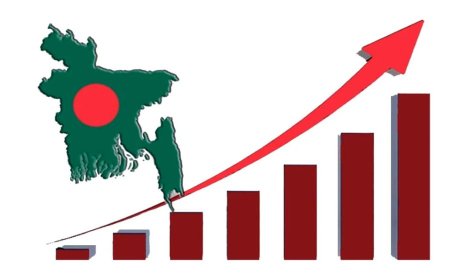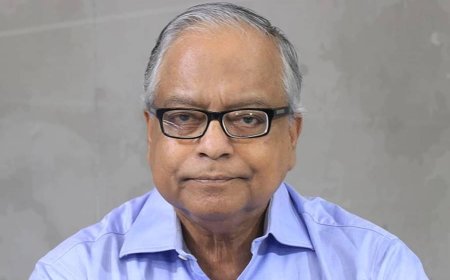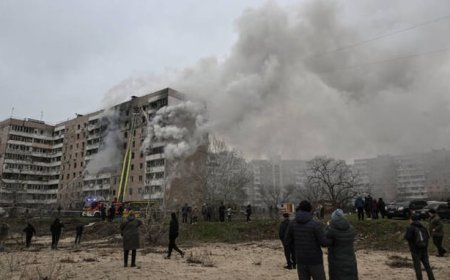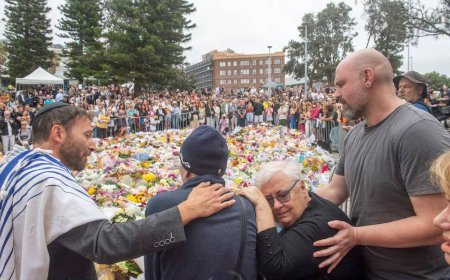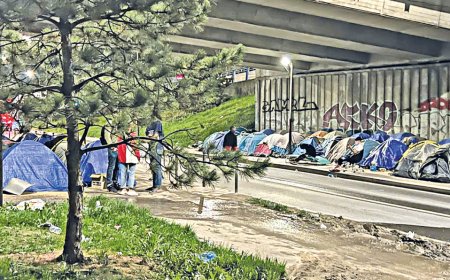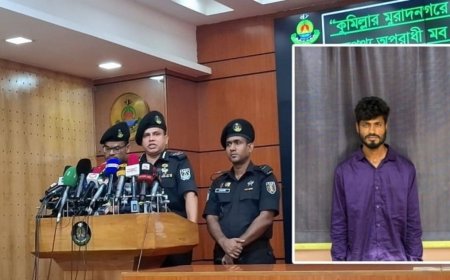July Atrocities: Murder Cases to Be Fast-Tracked Under Speedy Trial Act
Special Committee Formed to Oversee Prosecutions, Ensure Transparency for Families and Public
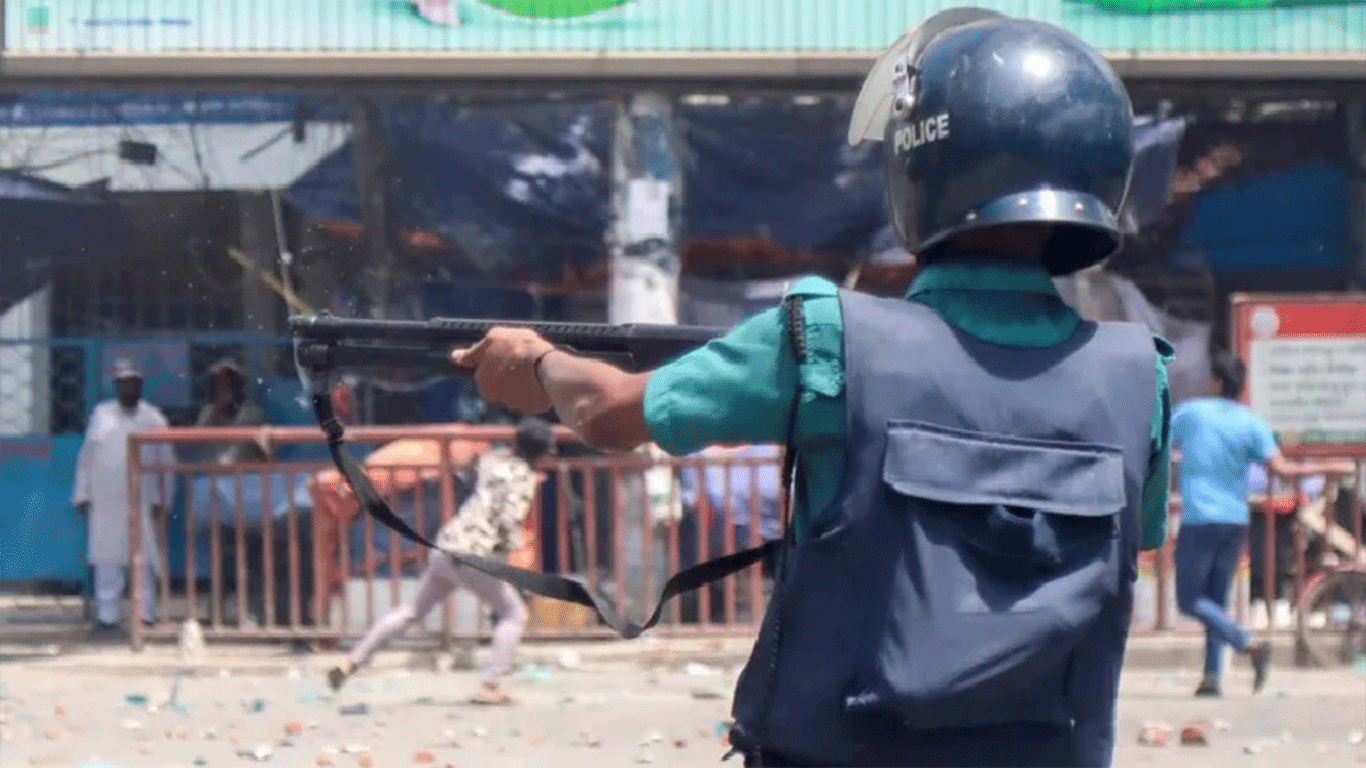
In a bid to ensure swift justice for the victims of the July 2024 uprising, the government has decided to transfer hundreds of murder cases stemming from the regime’s violent crackdown to Speedy Trial Tribunals across the country.
The trials will be conducted under the provisions of the Speedy Trial Tribunal Act, 2002, excluding those already under the jurisdiction of the International Crimes Tribunal (ICT).
The Ministry of Law, Justice and Parliamentary Affairs announced the move on Monday, invoking Section 10 of the Act to facilitate expedited proceedings.
To strengthen and streamline the prosecution of murder and other serious crimes committed during the uprising, the ministry has formed a special committee headed by an additional secretary of the Law and Justice Division.
The committee has been assigned to compile a comprehensive list of cases, identify procedural and operational obstacles, submit recommendations for necessary actions, and regularly update affected families and the public on the progress of trials.
According to official data, 837 murder cases have been filed nationwide over the killing of unarmed students and civilians during the mass movement that ousted Sheikh Hasina’s autocratic Awami League government on August 5, 2024.
Of these, 45 cases are pending with the ICT, while charge sheets have been filed in 19 murder cases in different courts. These will now be transferred to the Speedy Trial Tribunals for accelerated hearings.
Originally enacted to ensure the prompt disposal of serious and high-profile cases — including murder, rape, extortion, vandalism, robbery, and obstruction of transport — the Speedy Trial Act mandates completion of trials within 120 days, with a possible 60-day extension if necessary.
Between July 16 and August 5, 2024, more than 1,400 people were killed and thousands injured during the regime’s brutal response to the nationwide protests.
Over a year after the uprising, the interim government has initiated the transfer of murder cases to Speedy Trial Tribunals in an effort to accelerate justice.
Police have so far submitted charge sheets in around 45 cases, including 19 murder cases, implicating roughly 2,500 individuals.
These charge sheets have been filed in courts across Dhaka, Narayanganj, Chattogram, Rajshahi, Cumilla, Feni, Chandpur, Sherpur, Pabna, and Kurigram.
Thousands of Awami League leaders and activists, including the party’s president and ousted prime minister Sheikh Hasina, have been named in the murder cases.
Charges have also been brought against several other senior figures, including Awami League General Secretary Obaidul Quader; former ministers Asaduzzaman Khan Kamal, Hasan Mahmud, and Saifuzzaman Chowdhury Javed; former state minister Mohibul Hassan Chowdhury Nowfel; former Chattogram mayors AJM Nasir Uddin and Rezaul Karim Chowdhury; former Rajshahi mayor Khairuzzaman Liton; and former MPs Shamim Osman, ABM Fazle Karim Chowdhury, MA Latif, Nizam Uddin Hazari, and Abu Reza Muhammad Nezamuddin Nadwi.
In addition, former Jatiya Party MP Lt Gen (Retd) Masud Uddin Chowdhury has been indicted in a murder case filed in Feni.
So far, over 5,000 people have been arrested in connection with these cases — including 23 former ministers, 11 former state and deputy ministers, 66 former MPs, 19 members of law enforcement agencies, and 45 individuals from various sectors, including the media.
Separately, the International Crimes Tribunal has received 27 cases of crimes against humanity related to the 2024 uprising, implicating 206 individuals, including Sheikh Hasina, 73 of whom have already been arrested.
What's Your Reaction?







